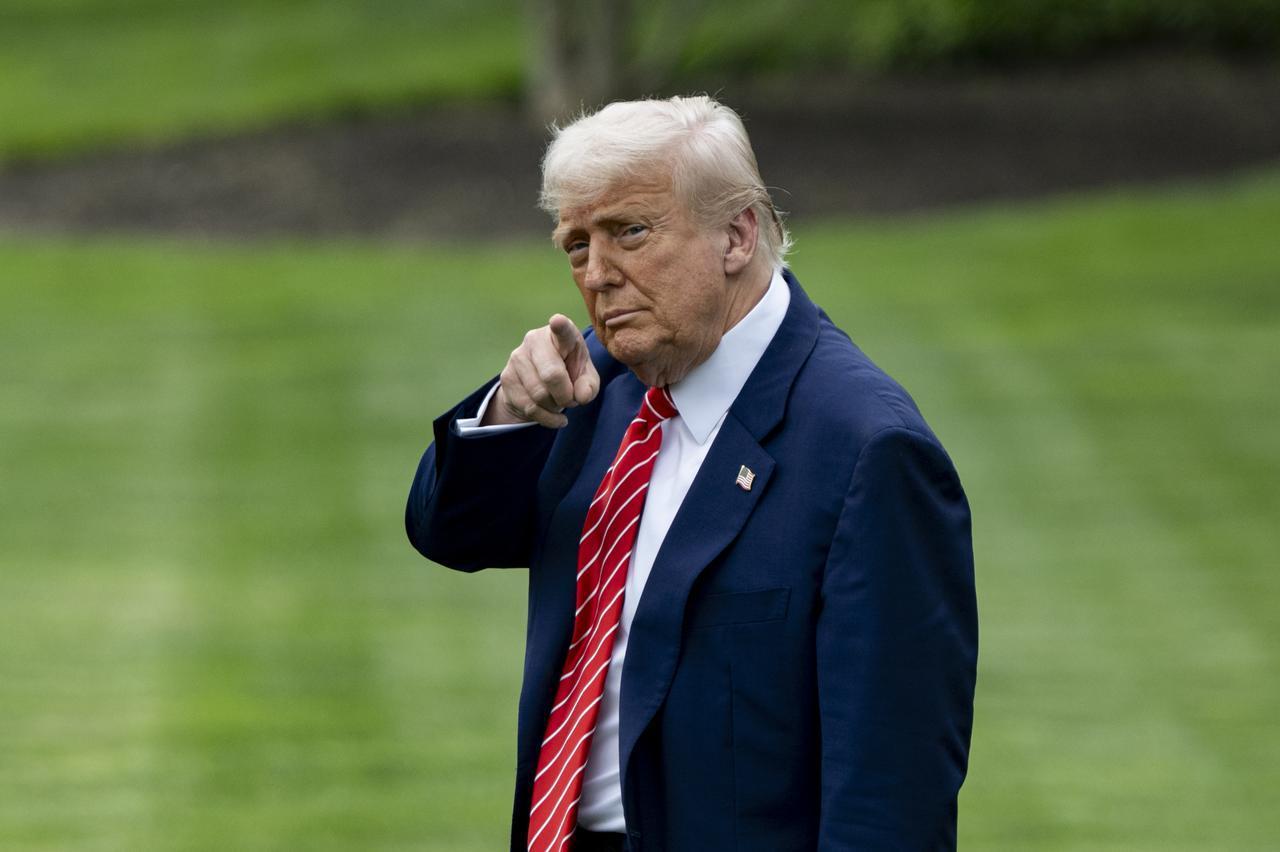
The Trump administration announced Wednesday a new travel ban affecting citizens from 12 countries, citing national security concerns and inadequate screening processes in those nations.
The proclamation suspends travel to the United States for nationals from Afghanistan, Myanmar, Chad, Congo, Equatorial Guinea, Eritrea, Haiti, Iran, Libya, Somalia, Sudan and Yemen. Seven additional countries face partial restrictions: Burundi, Cuba, Laos, Sierra Leone, Togo, Turkmenistan and Venezuela.
The policy takes effect Monday at 12:01 a.m. ET and applies to foreign nationals from the designated countries who are outside the United States and lack valid visas as of June 9.
According to the proclamation, the affected countries "lack sufficient vetting and screening processes needed to detect foreign nationals who may pose safety or terrorism threats to the U.S." The administration also considered factors including information-sharing policies, terrorist presence, visa overstay rates and deportation cooperation.
In a White House video released Wednesday evening, Trump said he directed the secretary of state on his first day in office to conduct a security review of "high-risk regions" for travel restriction recommendations. The president referenced Sunday's attack on Jewish protesters in Boulder, Colorado, though the charged suspect, Mohamed Sabry Soliman, is an Egyptian national, and Egypt is not included in the new restrictions.
The policy echoes Trump's first-term travel ban implemented in January 2017, which initially targeted seven Muslim-majority countries. That measure faced widespread criticism but received Supreme Court approval in 2018 before President Biden rescinded it in 2021.
Democratic lawmakers have condemned the new restrictions. Sen. Ed Markey, D-Mass., wrote on X: "Make no mistake: Trump's latest travel ban will NOT make America safer. We cannot continue to allow the Trump administration to write bigotry and hatred into U.S. immigration policy." Sen. Adam Schiff, D-Calif., also voiced opposition on social media.
The ban includes exceptions for U.S. permanent residents, athletes attending major sporting events, and immediate family members who can provide "clear and convincing evidence of identity and family relationship," with DNA testing cited as an example of acceptable proof.